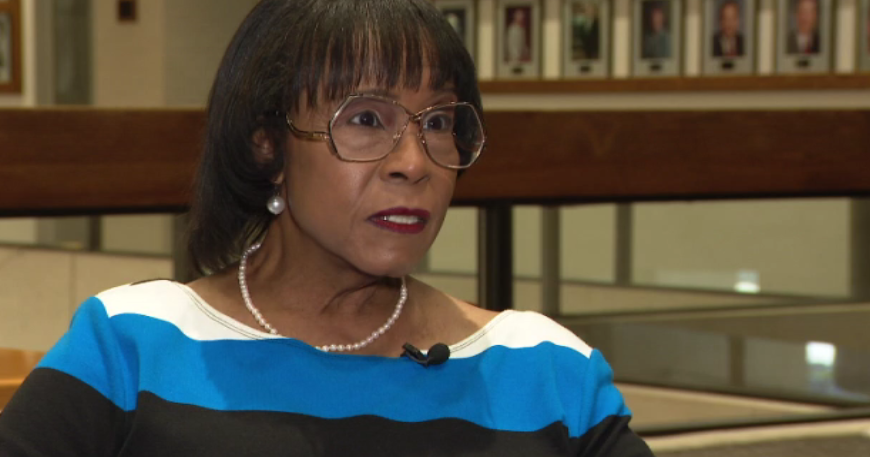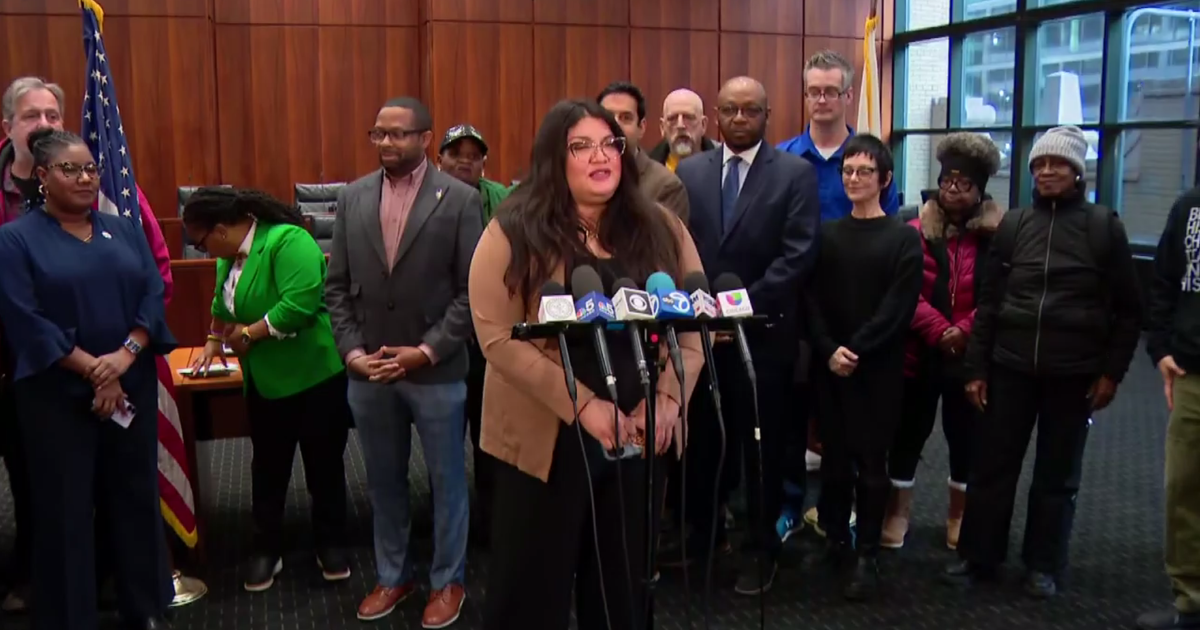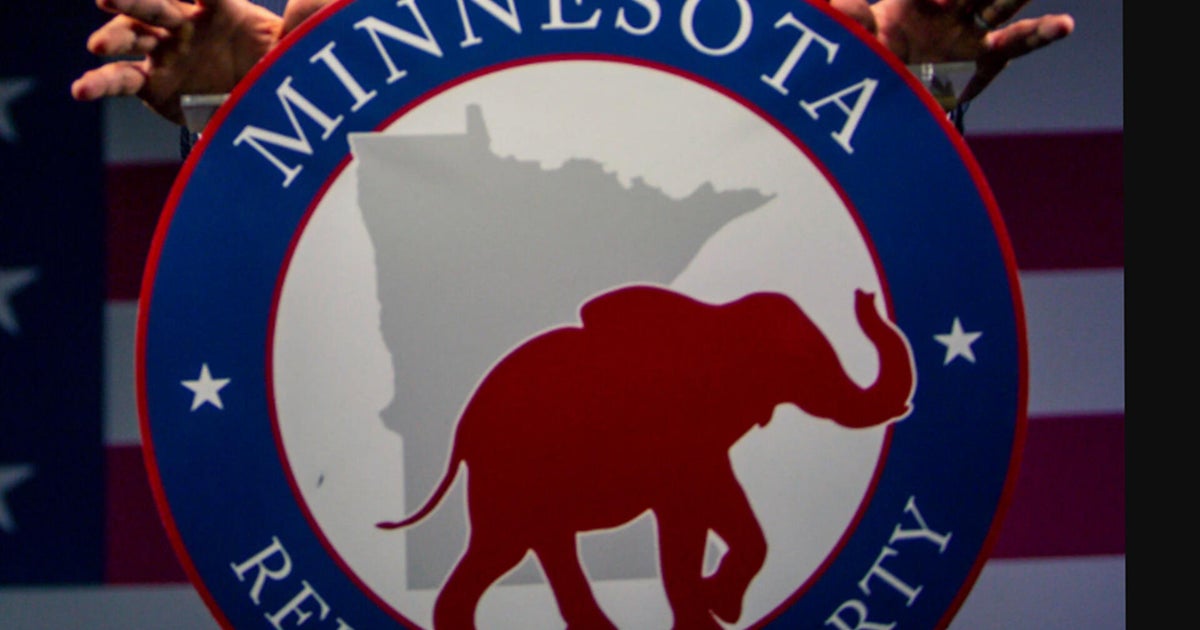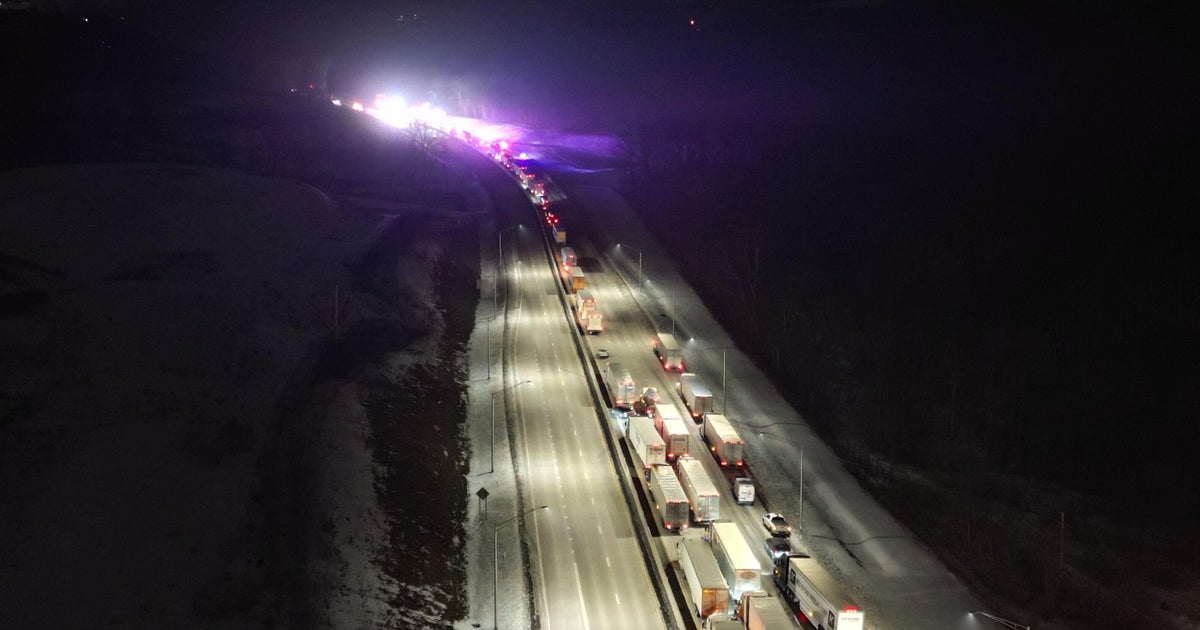Many Key Texas Races Aren't Expected To Be Close
AUSTIN (AP) - Texas' top-of-the-ballot races are foregone conclusions.
Former Massachusetts Gov. Mitt Romney will almost certainly win the state's 36 presidential electoral votes on Tuesday and tea party-backed Republican Ted Cruz will complete a once seemingly impossible rise from virtual unknown ex-state solicitor general to the first Hispanic from Texas elected to the U.S. Senate, replacing the retiring Kay Bailey Hutchison.
Cruz's contest against underfunded, former Democratic state Rep. Paul Sadler was easy compared to his upset victory in the fierce Republican Senate primary, when he shocked Lt. Gov. David Dewhurst, the choice of Gov. Rick Perry and the mainstream GOP. A Democrat, has not captured statewide office here since 1994.
Still Cruz spokesman James Bernsen said the campaign's not taking anything for granted.
"Ted has had a very vigorous schedule going all around the state," Bernsen said, "and that's going to continue right up to the end."
Many down-ballot contests are also shaping up to hold few surprises, with Republicans likely continuing to dominate traditionally conservative parts of the state and Democrats controlling areas where they've usually done well. In fact, of the 198 major races across the state, only 19 look to be competitive.
Even with Texas getting four new representatives in Congress thanks to adding 4.3 million residents between 2000 and 2010, Republicans are likely to take 23 seats Tuesday, one more than the 22 they won out of 32 possible seats two years ago.
A genuine nail-bitter may come in a sprawling congressional district stretching from San Antonio 600 miles west almost to the city of El Paso, where freshman Republican U.S. Rep. Francisco "Quico" Canseco is trying to fend off a challenge from Democratic state Rep. Pete Gallego. Another squeaker could be the race for the seat Ron Paul is giving up along the Gulf Coast, where Republican state Rep. Randy Weber is squaring off with former Democratic Congressman Nick Lampson.
While there may be little drama elsewhere in Texas' federal races, some of the likely winners are sure to turn heads.
Take Republican former U.S. Rep. Steve Stockman, who served just one term in Congress starting in 1994 but made headlines nationally for accusing the government of "executing" members of the Branch Davidian cult after the 1993 siege near Waco. He's now likely headed back to Capitol Hill after waging a low-profile campaign for "re-election" in a new and deeply conservative congressional district south of Houston.
Then there's Beto O'Rourke, a guitar-playing, twice-arrested former El Paso city councilman who once advocated for legalizing marijuana but nonetheless stunned eight-term incumbent Silvestre Reyes during the Democratic primary and now looks like a shoo-in to go to Congress from heavily Democratic District 16.
Predicting winners in other races gets murkier. While Republicans should win both open slots on the Texas Railroad Commission, all 15 of the State Board of Education's seats are also on the ballot. The board's makeup of four Democrats and 11 Republicans could possibly change, though a larger question is if social conservatives will gain more influence.
Six of the board's current Republicans are already considered social conservatives — an ideological bloc that if it holds or strengthens could dominate discussions next year as the state orders new science textbooks. That may mean a replay of 2009, when some school board members promoted creationism during discussions on curriculum while pushing for Texas public schools to teach "strengths and weaknesses" of evolution.
In the Texas House, Republicans look likely to lose the 102-vote supermajority that had allowed them to pass legislation even if their Democratic colleagues failed to show up for work. But the GOP will continue to dominate the legislative agenda. In all, 87 of the House's 150 seats are being contested, with 14 of those races looking truly competitive.
In the state Senate, all eyes are on an expensive and increasingly nasty battle between Fort Worth Democratic Sen. Wendy Davis and challenger and tea party Republican state Rep. Mark Shelton. A Davis victory should keep Republicans, who currently hold 19 of 31 seats, from moving closer to 21-seat supermajority.
Also being challenged is Democratic Sen. Juan "Chuy" Hinojosa in the Rio Grande Valley. State Rep. Raul Torres gave up his Texas House seat to challenge Hinojosa, a 24-year veteran of the Legislature.
Voters will also decide on 29 positions for regional Court of Appeals districts, and Texas Supreme Court and Criminal Court of Appeals justices. Two of Texas' top judges are facing hefty ethics fines, but are also expected to win re-election.
The $100,000 fine in 2010 against Court of Criminal Appeals Presiding Judge Sharon Keller, and the $29,000 fine levied against state Supreme Court Justice Nathan Hecht in 2008, rank among the largest in state history. But both judges have appealed, and their cases will remain pending until after Election Day.
(© Copyright 2012 The Associated Press. All Rights Reserved. This material may not be published, broadcast, rewritten or redistributed.)
Also Check Out:







